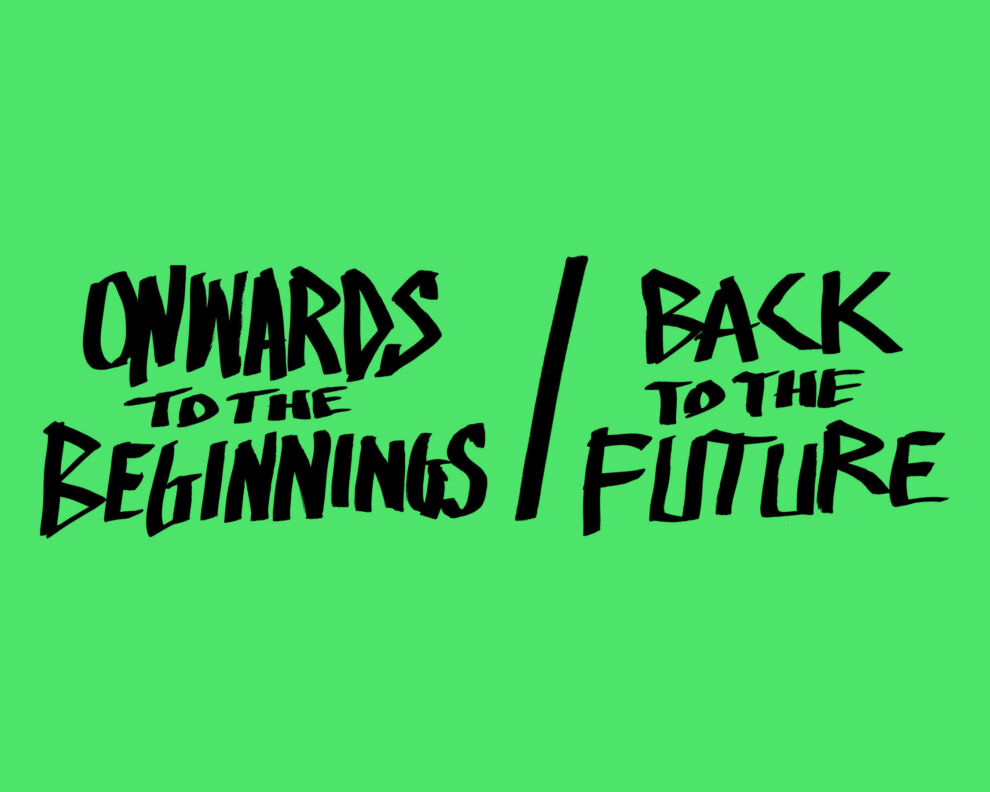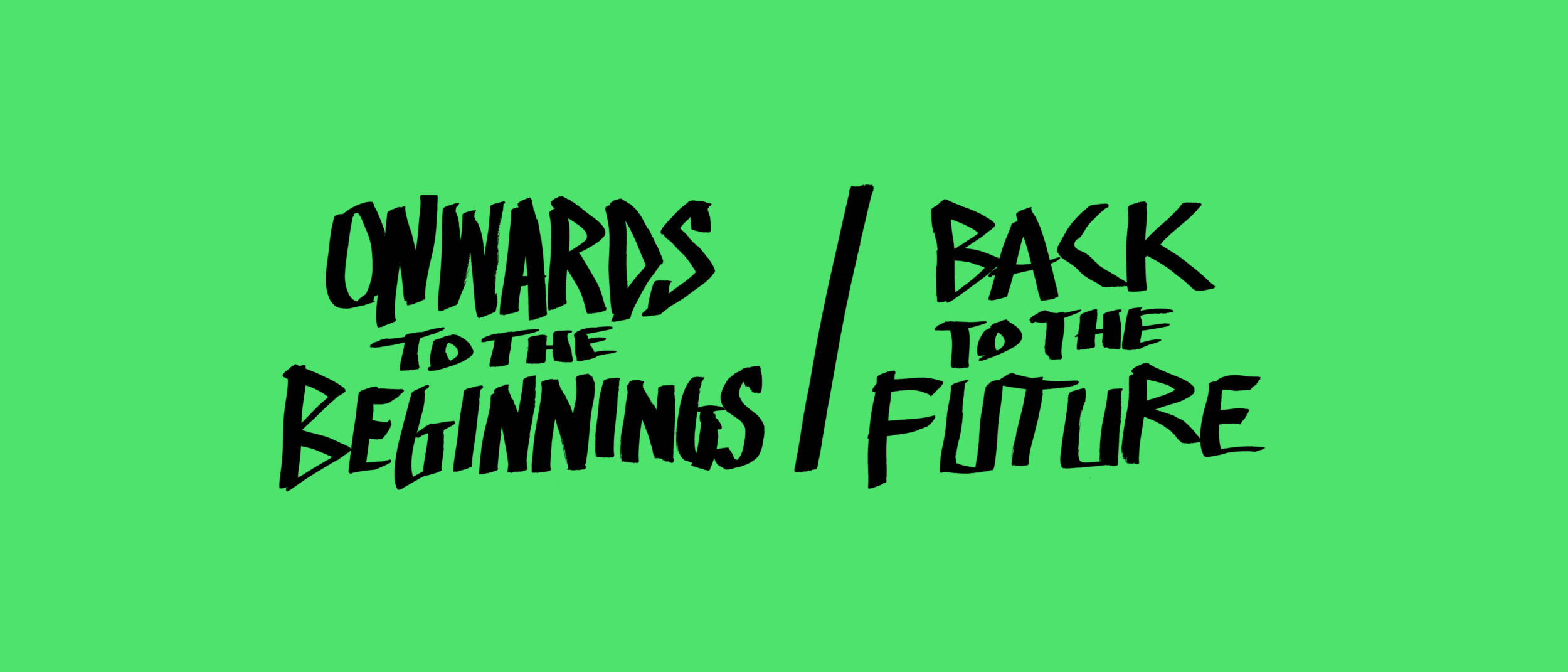The Wiener Festwochen proclaim the Free Republic of Vienna
Where do iconic figures of the theatre such as Elfriede Jelinek and Peter Brook meet radical performers like Carolina Bianchi and nora chipaumire? Where do we hear the music of Pussy Riot side by side with Mozart, where does Florentina Holzinger get herself to a nunnery and Hamlet is a woman? Where are Ukrainian and Russian artists programmed with requiems against war and inhumanity at the same time? Where are classics as well as diesel engines demolished? Which festival opens its offices to the public, has its own hymn and writes its own constitution? Where are politics, business and media dragged before the tribunal of the arts? At the Wiener Festwochen, in the Free Republic of Vienna!
Vienna is one of the five largest cities in the EU, it is the birthplace of classical Modernism around Schönberg, Freud and Klimt, and was known as “Red Vienna” during the 1920s. However, it is also where modern antisemitism gained popularity under Karl Lueger – and Vienna is also the capital of the first country to have elected a right-wing populist party, the Austrian Freedom Party (FPÖ), into government (in 2000). Moreover, Classical Modernism was incomplete: it was elitist, exclusively European and, of course, almost exclusively male. Right in the middle of the national and European elections, we will say: it’s time for a Second Modernism! It is time to radically question prevalent attitudes, institutional processes and ingrained norms! In spring 2024, the Wiener Festwochen will proclaim the Free Republic of Vienna with its own hymn, flag, new revolutionary institutions (Vienna Trials, Academy Second Modernism), with a permanent festival hub (the House of the Republic), a club (the Club of the Republic) and an advisory board that comprises citizens from all districts of the city (the Council of the Republic).
In the tradition of the Paris Commune, Vienna will become the international capital of a Second Modernism without global or formal limits: a place for debates, events and celebration where social movements meet intellectuals and artists and the myths and works of classical modernism will receive a new reading. How do we want to live together? What will politics, culture, theatre and the city of the future be like? Created together with the citizens of Vienna and artists, activists and philosophers from across the world, the Vienna Declaration will emerge at the end of the festival. The Wiener Festwochen are therefore the first cultural institution in the world to write its own constitution together with the audience.
Most of all, however, the Free Republic of Vienna will be a republic of the arts: five-and-a-half weeks of multivocal, passionate, combative, crazy theatrum mundi! The programme spans from a celebrated Jelinek production (Angabe der Person / Personal Details) as well as a radically deconstructed Mozart interpretation (La Clemenza di Tito) to performances in which an alien (fotzenschleimpower gegen raubtierkaputtalismus / mucus cunt power v. predatory kaputalism), an alleged witch (The Master’s Tools), a car (The Talking Car) and a stolen African diamondess (Bling!) take the floor.
The great names of the theatre of the world arrive to Vienna with brand new works: Hungarian director Kornél Mundruczó develops a family story about the privilege and the burden of identity in PARALLAX, Caroline Guiela Nguyen from France recounts the tragic global production story of a royal wedding gown in LACRIMA and Brazilian Christiane Jatahy, winner of the Golden Lion at the Venice Biennale, lets Hamlet return as a woman (Hamlet).
It goes even further: Angélica Liddell and Tim Etchells, two iconic figures of the theatre, each in their own way approach a ‘History of the Theatre’ (Histoire(s) du Théâtre III + V). Etchells, who is celebrating the forty-year stage anniversary with his company Forced Entertainment this year, will also stage another work, Die Rechnung / L’Addition, which will tour all districts of Vienna – a format that will be repeated in the coming years. The South African activist and choreographer Mamela Nyamza combines African and European choreographies with Hatched Ensemble to arrive at a global language of dance. And Leonie Böhm together with Kim de l’Horizon in person go beyond a mere adaptation of the super-bestseller Blutbuch as they create an utterly new theatrical narrative in Bloodpiece (Blutstück).
In all corners of Vienna, from Burgtheater to a football pitch, sites of political questioning and artistic resistance will arise. The Zimbabwean performer nora chipaumire will erect a shebeen in mumok (shebeens were the small bars where the uprising against the colonisers was prepared in Zimbabwe). The Volkskundemuseum will turn into the House of the Republic for five weeks – this is where the Council of the Republic will meet. In the evenings, bands will play at the Club of the Republic and KDM Königin der Macht will perform chapters of her diary of the Free Republic.
In BAROCCO, Russian dissident Kirill Serebrennikov delivers a panorama of resistance from the Prague spring until today to the stage. The Vienna Trials (Wiener Prozesse) and the Box of Truth (Box der Wahrheit), on the other hand, will address the most current of events: all of Austria is called up before the tribunal of the Republic! Marcus Lindeen stages an ‘archive for eternity’ of the history of humanity, and we will go even a step further in collaboration with Kunsthalle Wien (Genossin Sonne) when we investigate the planetary forces that define our history! With the Academy Second Modernism (Akademie Zweite Moderne), the Free Republic is establishing a global womxn composers platform together with Nuria Schoenberg Nono, who is taking the heritage of two heroes of Modernism, Arnold Schönberg and Luigi Nono, into our time. As the Academy’s first woman composer, British-Lebanese composer Bushra El-Turk presents her celebrated new opera Woman at Point Zero – an almost emblematic title in light of the fact that 7.7 % of the works performed by orchestras worldwide stem from womxn composers even after over a century of Modernism.
In the midst of the bumper election year 2024, the Wiener Festwochen will thus be an incubator of a Second Modernism. It will offer up an experimental field for a planetary theatrical force: female and varied, delimited and boundless. For even as Austria and the world may be stumbling towards ruin for the 150th birthday of Karl Kraus, the legendary editor of the Fackel (whom we will of course catapult into our day with a choice selection of performers): in Vienna of all places, we are certain to be seeking out the good life, together with you!






